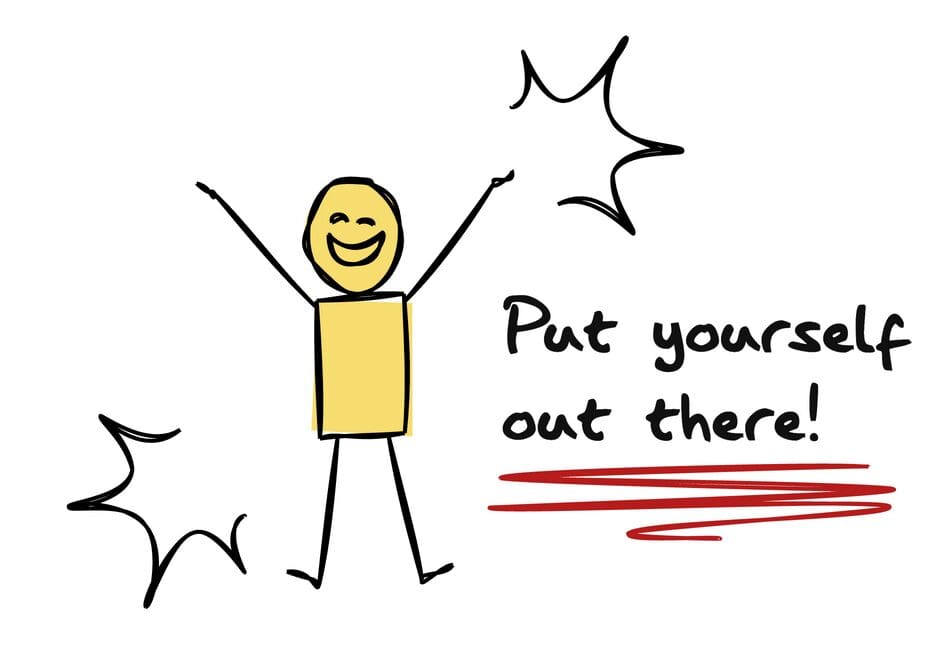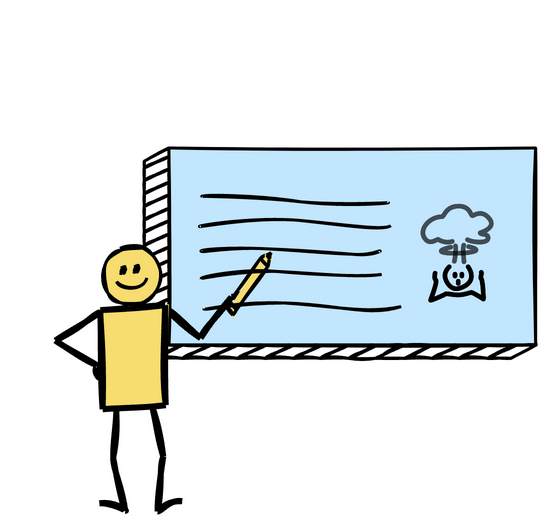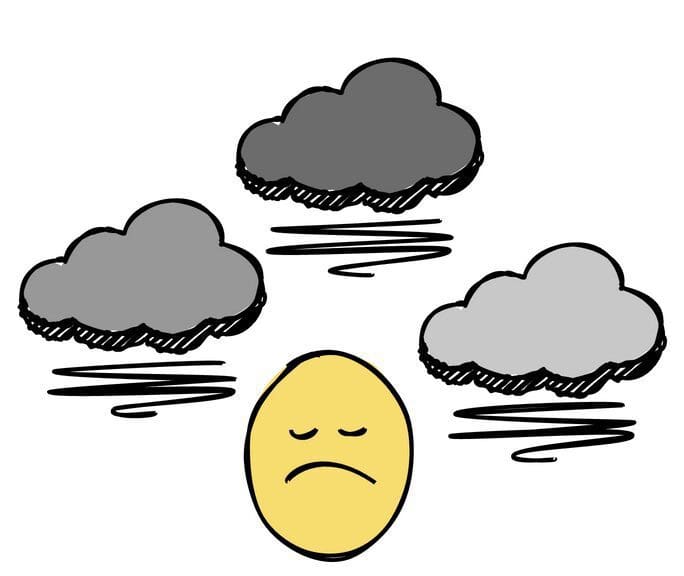Things to do when starting out as a relief teacher:
- Put yourself out there.
- Get up early, and be ready!
- Be prepared for anything.
- Talk to people, and ask for help.
- Take the time to unwind.
- It’s okay to not be okay.

I started my teaching career exactly where most people do – utterly unsure of what to do, what I wanted, or how to get started.
We as teachers are lucky in a lot of ways. We help the next generation grow and shape them into good people who will change the world. Before I got to that point, before I even had a class to call my own, I was lucky to have an option for well-paying casual work.
I wish I knew a couple of things starting out, though. These things will make your transition into the teaching profession easier and set your career up for success.
1. Put yourself out there.
I had worked in other industries before teaching, and sitting at home writing applications day after day waiting for a call back becomes a job in itself. I’m much more of a get-out-and-doer, a people-person who comes across better in person than on paper. My parents always told me to just go and hand in my resume! What’s the worst that can happen? I could think of plenty of bad things that could occur, which could only worsen my confidence.

This was excellent advice when it came to substitute teaching, though. I spent a few days just driving around to different schools with a CV and all of my paperwork, briefly introducing myself and offering my services as a substitute teacher. I went to all kinds of schools, from elementary schools to high schools, and all sorts of areas with different students.
See more: The Best Strategy for Relief Teachers who Struggle with Names.
Not every school will call you back. Don’t be discouraged, as I know that I was only ever contacted by four schools out of the countless schools that I visited in those few days. This is what you want, as it means that you can focus on building a relationship with the schools that do want you and make yourself a valuable member of their community.
2. Get up early, and be ready!
One of the most challenging parts of being a relief teacher is getting up early. The first time I thought I could sleep until 7:30, I got a call at 7:15am asking if I could be at a school 30 minutes drive away by 8 o’clock!

I soon learnt to get up at the crack of dawn to get ready for any possible relief teaching assignment. I make sure to get up, get dressed, have breakfast and be prepared to go just in case I get that call. If I did get a call, I would spend time researching the school I’d be working at to get a feel for the community, what the kids are like, and the expectations for my role as a teacher. I realized early on that if I didn’t get up early, I wouldn’t have time to prepare for the day, both physically and mentally. I would miss out on some of the best parts of being a teacher.
3. Be prepared for anything.
I was used to teaching high school, where the standards need to be met and content needs to be covered day by day, lesson by lesson. There was no room in the curriculum for messing around, so there were always detailed notes from the classroom teacher for me to follow.
It was a real shock the first time that I was asked to teach in an elementary school, and there was nothing.
Absolutely nothing.
And it got worse. I was teaching Spanish.
I knew absolutely no Spanish.
I was very grateful that I could jump onto Teachers Pay Teachers, quickly buy some resources for a few dollars, print them out, and be set for the day. Since then, I’ve always ensured that I at least have some essential, flexible resources in my car and some ideas in my head that I could use with just about any year level in any situation.

I don’t believe that you need to carry a library with you everywhere. Still, a few flexible ideas will significantly reduce your anxiety when you get to a classroom of wild, bored kids who haven’t been left anything to do.
4. Talk to people, and ask for help.
In all cases, but mainly when you haven’t been left with any plans or resources, the teacher next door can be a lifesaver. They will know roughly where the class is up to, how the school works, the routine the students are used to, and who the real ratbags in your class are. More than that, when you’re a substitute teacher, networking is everything. In some cases, the school admin or a leader will be the one contacting you to cover a class for the day.

Far more likely, though, is that the call will be from the teacher at home sick in bed who is desperate for someone to look after their class while they recover. Talking to the other teachers at the schools you work in and showing them that you know the school and the students, and can do a good job, goes a long way towards the next call and the next paycheck.
5. Take the time to unwind.
I wish I knew that starting relief teaching would be as crazy-packed as it is. You will feel like you’ve run a marathon by the end of the day. I wish I had known that I would feel mentally and physically exhausted after a week of school.
I would come home and collapse on the couch, but instead of relaxing, all I would think about was getting back to work. I was starting to miss being able to go out with friends after work or take a vacation once in a while. I didn’t realize how hard it would be to get home and decompress.

I needed to be very careful about rationing my energy and even turning down a call when necessary to not completely burn out and crash on the weekends. Life goes on, and there’s always housework to do and friends and family to keep in touch with. Don’t sacrifice these things if you don’t have to. I eventually got to a point where I could do relief work every day, but it took months of three to four days of work per week before I could do that.
Do something in your downtime that you enjoy. Sitting on the couch and scrolling on social media may be the only thing you feel like doing when you get home. Still, you will find it much more relaxing and restorative to enjoy the small things again, like a long walk in the park with your dog or a massage every now and then.
6. It’s okay to not be okay.
It’s not glamorous. I didn’t realize how hard it was until I started doing it. It’s physically demanding and requires a lot of patience. Unless you’ve taken a particular class before, you have no idea what you’re walking into until you’re already in the thick of it. I found it reassuring and almost cathartic that at the end of the day, I never had to see these students again if I didn’t want to. I do know that this can be very unfulfilling for many and goes against why many people want to be teachers in the first place.
It’s not for everyone. If you’re the type of person who needs strict rules to keep themselves motivated, then relief teaching isn’t going to be for you. But if you like to be able to use your creativity and imagination to help a classroom full of kids, then relief teaching might be a good fit.
What were the most valuable things that you learnt early on in your sub teaching career? Are there any things that I missed off this list? Comment your thoughts below!





